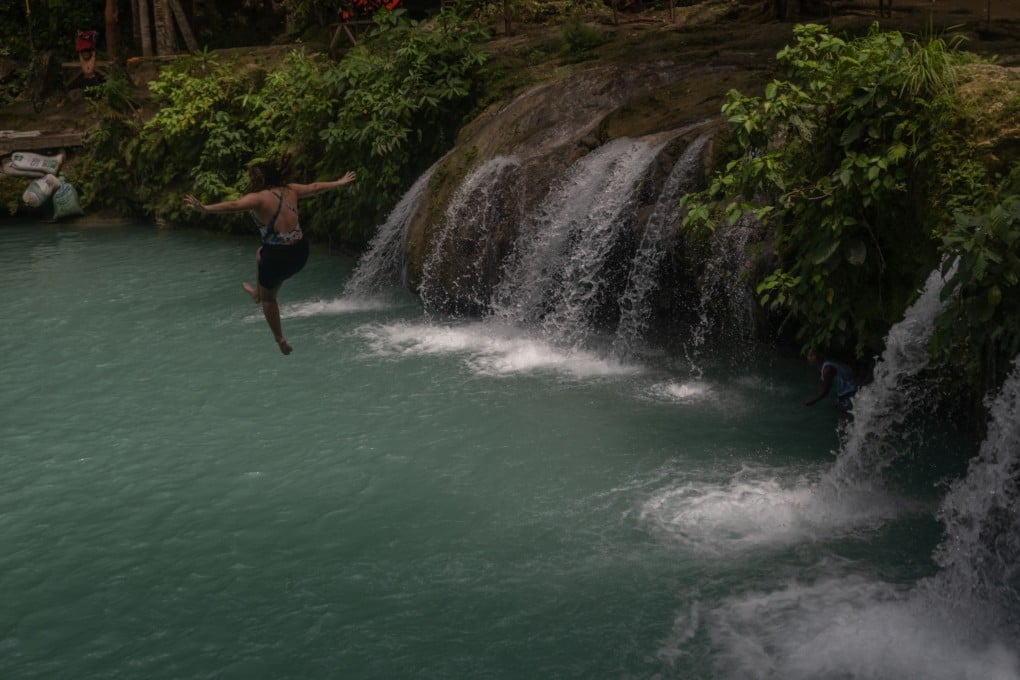How a plastics ban turned Siquijor into a zero-waste island in the Philippines
- Siquijor reduced its total waste following a 2018 decree that limited the use of plastics, and improved how to dispose of unwanted garbage
- Despite Siquijor’s success, many critics believe large corporations that make single-use plastics must make changes to produce less waste

Some 60 billion sachets are consumed annually, primarily by Filipinos buying fast-moving consumer goods (FMCG), like packaged food, toiletries, beverages, medicines, cleaning products, and plastic goods. Up to 74 per cent of the plastic garbage generated in the Philippines that ends up in the ocean comes from waste that has already been collected, but dumped in waterways by haulers.
Smaller islands reliant on their waterways and tourism for their economy are particularly affected. Siquijor, the Philippines’ third-smallest province, has seen a surge in travellers thanks to its pristine beaches, breathtaking waterfalls, and turquoise blue waters.
However, as with every evolving tourist island, confronting the garbage problem brought on by development involves welcoming a sizeable public.
The Ecological Solid Waste Management Act of 2000, also known as Republic Act 9003, was passed into law as a solution to the Philippines’ waste management issue. But, local governments found it difficult to put into practice due to a lack of funds and facilities for disposing of waste.
Similarly in Siquijor, inadequate resources made it difficult to put trash separation policies into place – that was until local authorities realised the need for effective waste segregation. Now, the island is one of the most ardent supporters of banning single-use plastics and a major proponent of zero-waste efforts.
